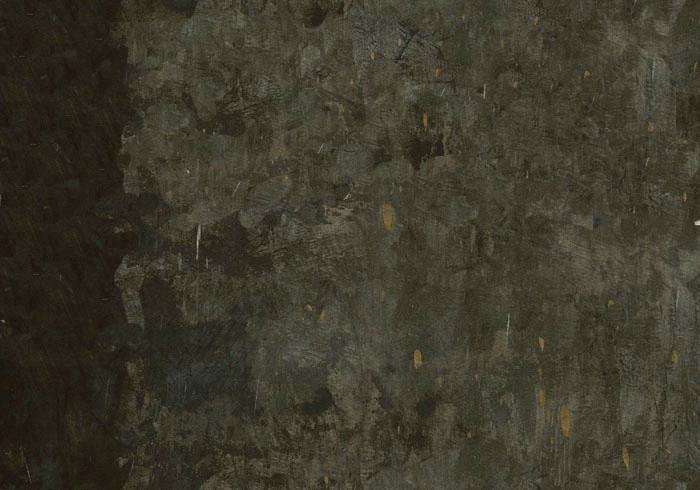Wargaming 101 Definitions FAQ Briefings History




















Title: Wargaming Unconventional Warfare
Author: Joseph Miranda
Abstract: Connections 2011 Presentation
Joseph Miranda gave a presentation on current and planned simulations being published by MCSGroup (Modern Conflict Studies Group). These include Battle for Baghdad, MEUS (Marine Expeditionary Unit Simulator), Stryker-21, BCT-Kandahar, and Millennium Wars Advanced.
Mr. Miranda's talk detailed approaches to simulating unconventional warfare. These include the systems oriented approach which emphasizes quantitative analysis; and the human oriented approach of seminar games. Each of these approaches has their strengths, and each is useful with different audiences. Board games have the advantages of being transparent insofar as their rules and resolution procedures are open to the gamer; and editable as users can make changes and input their own data without the need to reprogram the system.
Battle for Baghdad is a multiplayer boardgame in which players take command of factions fighting for control of the Iraqi capital, 2003-present. Each faction has different objectives and capabilities, thereby leading to players adapting asymmetrical strategies. The map depicts Baghdad's various zones, and each player must utilize forces to build infrastructure, fight for control of critical neighborhoods, and seize the opportunity for decisive victory.
MEUS (Marine Expeditionary Unit Simulator) puts the player in command of a reinforced USMC battalion engaged in a variety of missions from hot war in the Korean peninsula through counterterrorism in the Persian Gulf to humanitarian relief operations in Africa. The player must form a task force and then execute a series of operations in pursuit of each mission. The game map is a schematic of the operational space in which units operate.
Stryker-21 is a tactical level simulation of US Army ground combat operations. The player commands Stryker formations from company to battalion. The player can configure his formation using various platoons and teams, as well as UAVs and supporting fires. The Stryker task force then proceeds into the area of operations to execute missions against a wide range of hostile forces. The game emphasizes command control, intelligence operations, logistics, and interactions with civilians--as well as small unit tactics. It has two maps, one for urban operations and a second for rural.
BCT-Kandahar is an operational simulation of modern warfare, using Kandaahar province in Afghanistan as a test bed. One player commands Coalition forces, and the other Insurgents. Both can form brigade sized task forces composed of different types of battalion and company level units and then utilize them to try to gain control of the province. What makes the game unique is that it uses sets of cards representing joint staff operations. All game actions are functions of the play of these cards; for example, to conduct intelligence, a player would utilize a J-2 card. This trains users in staff organization and procedure as well as providing a simple way to model a wide range of operations.
Millennium Wars Advanced is a system for modern warfare at the operational level. The current game in the series is States of Conflict, covering the Arab Israeli Wars from 1948 to the near future. Future games in the series are planned on conflicts in the Far East, the Caucasus, and Mexico. Units range from battalion to division level, air groups and naval task forces. Millennium Wars Advanced uses a unique mission oriented approach in which units are evaluated for their ability to perform specific tasks from a menu of combat and support operations. This makes each unit type qualitatively as well as quantitatively unique. There are also modules for command control, national level assets such as satellites, and political impact of operations.
For more details, see http://www.mcsgroup.org/
Last Updated: 7 September 2011

